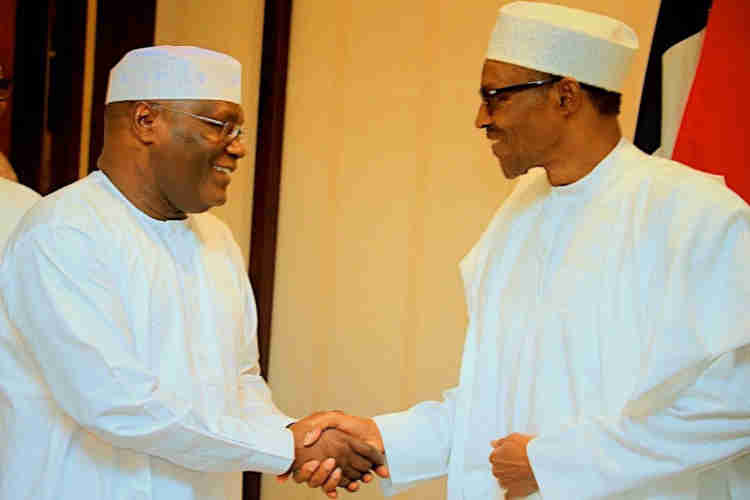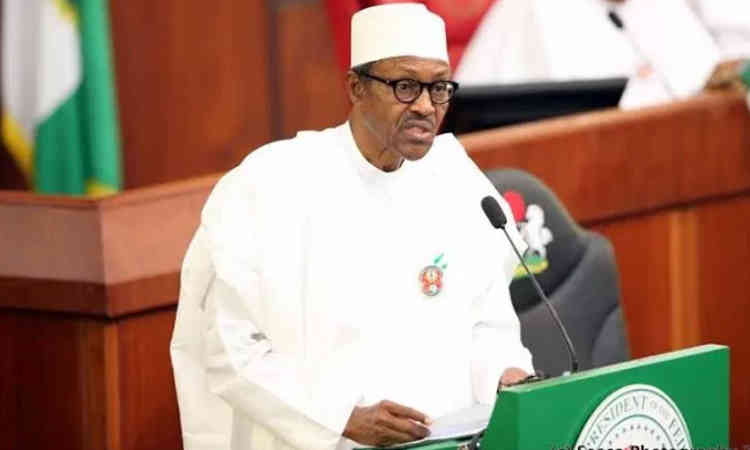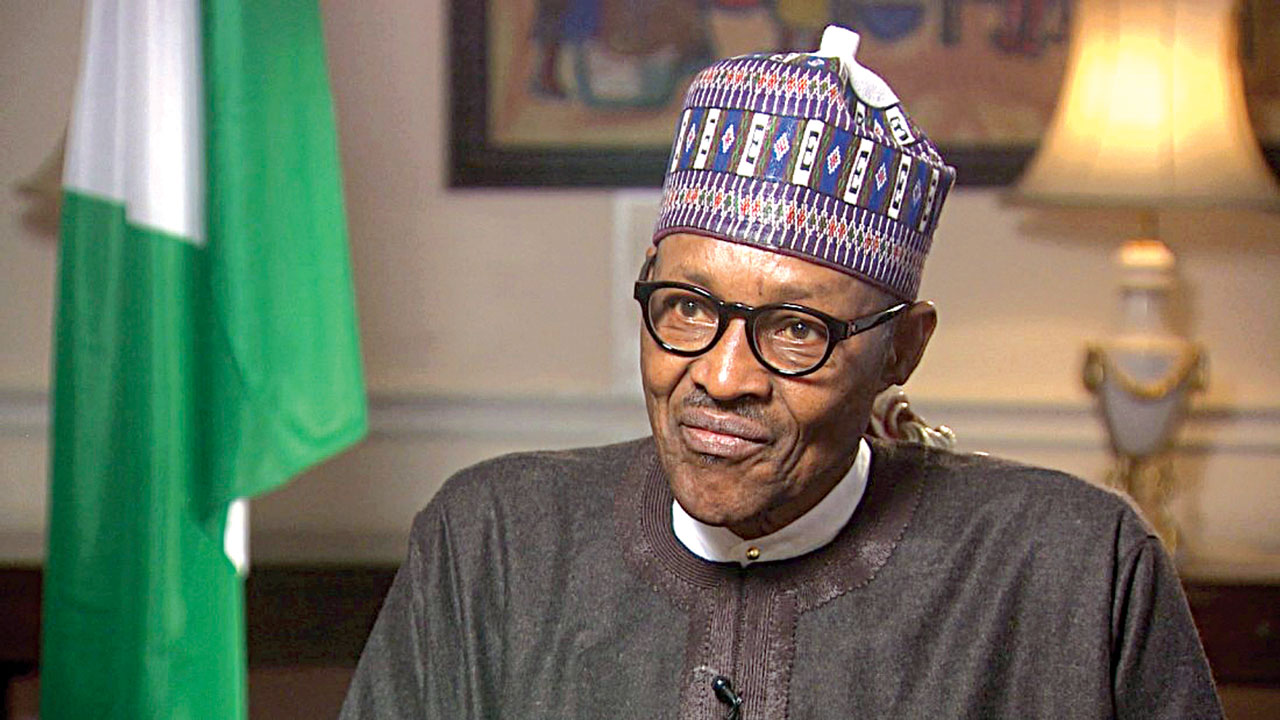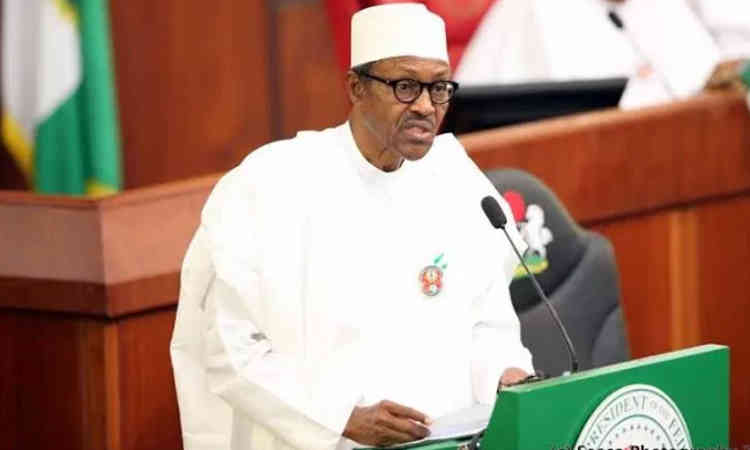News
Niger Delta Leaders Asked Buhari to Make The Sole Administrators of Pipelines Contracts and Oil Blocs
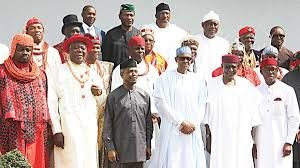
The Niger Delta Elders, Stakeholder and Governors, under the aegis of the Pan Niger Delta Forum on Tuesday visited the Nigeria president, Pres. Muhammadu Buhari to discuss the renewed militancy in the region to what they called alienation and lack of meaningful development of the region.
According to source, the Pan Niger Delta Forum said they had consulted widely and had come up with points that could help the Federal Government to achieve its desire of peace in the region.
According to source, the Amanyanabo of twon Brass Bayelsa State, King Alfred Diete-Spiff, presented the proposed request to pres. Muhammadu Buhari.
Source said, the meeting was behind close door and it had five state governors, traditional rulers and other stakeholders from the region in attendance.
According to a 10-page document presented to the President, the Niger Delta leaders called for “inclusive participation in oil industry and ownership of oil blocs.”
They asked for what they called Host Community Content within the Nigerian Content framework across the entire enterprise chain of the petroleum and maritime sectors.
The Document read in parts “The sense of alienation of Niger Delta indigenes from the resources of their land will continue until there are affirmative action that guarantee the involvement of these communities in the ownership and participation in the oil and gas industry.
“We therefore urge the Federal Government to enunciate policies and actions that will address the lack of participation as well as imbalance in the ownership of oil and gas assets.”
Diete-Spiff also called for the awards of pipeline protection contracts to communities and not individuals.
In doing that, he said communities would begin to see the pipelines as belonging to them and they would protect them adequately.
He said, “The incessant breaching and vandalization of pipelines and oil theft have taken direct tolls on oil production and supplies with corresponding adverse effects on the economy of our country.
“Pipeline vandalism also damages the environment, health and economic activity of inhabitants of affected areas, as well as complicates environmental cleanup efforts.
“It is therefore our view that an urgent review be done to pipeline surveillance contracts to give the responsibility to communities rather than individuals in a manner that ties some benefits to their responsibility.
“Communities would then see their responsibility over the pipelines as protection of what belongs to them.”
The stakeholders also called for the relocation of administrative and operational headquarters of International Oil Companies to the region.
The stakeholders also called for the de-militarization of communities in the region.
“The increased deployment of military personnel into the Niger Delta has resulted in rise in cases of invasion of communities, displacement of persons, harassment and other forms of abuse of human rights. This has continued to escalate tension and insecurity in the region. We urge that this trend be reversed,” it added.
They added that the fallout of the ceding of Bakassi to Cameroon had continued to threaten the security of the southern part of the region.
They said the unresolved issues arising from the Green Tree Agreement continued to create tension and plaque the region.
The stakeholders observed that there was lack of a well-coordinated transparent blueprint for the development and resettlement of the displaced populations.
they added that “The host communities face huge abuses and are unable to re-establish their respective means of livelihood.
“We therefore recommend a comprehensive resettlement plan including development for the host communities and displaced populations to reduce the risk of making them into a stateless people,”
While commending Buhari for the commencement of the clean-up of Ogoniland as recommended by the United Nations Environmental Programme, they also urged the Federal Government to speed up the exercise.
They stressed the urgent need to restructure and increase the funding of the Niger Delta Development Commission in order to refocus it as a truly intervention agency.
They also called for adequate funding and strengthening of the Ministry of Niger Delta Affairs.
On fiscal federalism, they said, “The clamour for fiscal federalism has continued to be re-echoed by different sections of the country. The people of Niger Delta region support this call and urge that the Federal Government should regard this matter expeditiously.”

